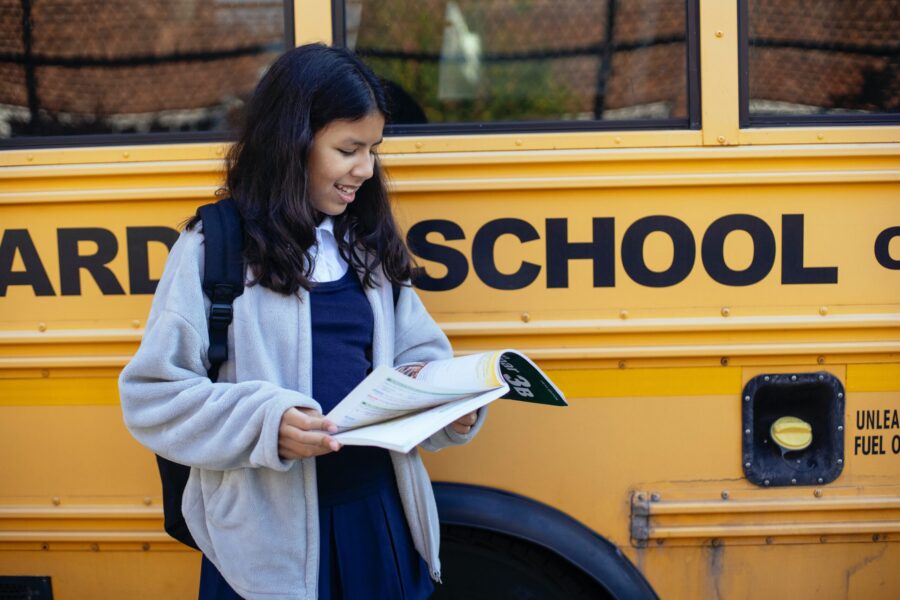
Understanding the Different Types of Child Custody in Virginia
When you’re a parent, your biggest worry in a divorce is how you’re going to make sure your kids are okay. You only want what’s best for your family, and understanding your child custody options in Virginia can be challenging. One of the problems many parents face is the fact that many child custody terms are used interchangeably with one another. However, legally, these terms often refer to distinct types of child custody arrangements.
At Hardt Law, P.L.L.C., we want to help you understand the child custody arrangements available to parents in Virginia. When you know what’s ahead, you and your attorney can seek legal solutions that meet your family’s needs.
Types of Child Custody Arrangements in Virginia
“Child custody” is the care, control, and maintenance of a child. In cases of divorce, it may be necessary for the courts to step in and help parents come to reasonable child custody arrangements that meet the child’s best interests. However, “child custody” is a blanket term and doesn’t accurately describe the numerous child custody arrangements available to parents in Virginia.
First, there are two distinct types of child custody in Virginia:
- Legal custody
- Physical custody
Legal custody refers to a parent’s ability to make vital decisions concerning a child’s care and upbringing, like those concerning medical, religious, and educational needs. Courts can give joint or sole legal custody to one or both parents.
Physical custody relates to where the child lives. The custodial parent is the parent with primary physical custody of the child; that is, the parent with whom the child lives most of the time. The non-custodial parent typically has visitation rights.
Joint custody arrangements give both parents responsibility for the care and upbringing of the child, while sole custody places the responsibility on the shoulders of one primary parent. The courts make child custody arrangements based on the child’s best interests. That could mean granting both parents joint legal and physical custody of a child, joint legal and sole physical custody, or some other combination that meets the physical and emotional needs of the child.
How Do Virginia Courts Determine Child Custody?
Virginia courts evaluate numerous factors when determining the custody arrangements that best meet the needs of a child. Most judges consider the following:
- Age and physical and mental condition of each parent
- Age and physical and mental condition of the child
- The relationship between the child and each parent
- The needs of the child
- The role each parent plays in the care and raising of the child
- The willingness of each parent to foster a good relationship between the child and the other parent
- The reasonable preferences of the child, depending on the age of the child
- History of domestic or sexual abuse
- History of neglect
The courts can consider any other factors necessary to properly assess the situation and what arrangement meets the child’s best interests. In cases where one parent receives primary physical custody of a child, the other parent may need to pay child support. Child support is based on the gross income of both parents and is calculated using the Virginia Child Support Guidelines formula. However, all child custody cases are unique, and each parent’s financial obligations depend on the unique nature of their case.
An Experienced Child Custody Attorney Can Help You Move Forward
Sometimes, doing what’s best for your family requires contacting an experienced child custody lawyer to help you navigate the legal system. At Hardt Law, P.L.L.C., our supportive legal team can work with you to resolve your child custody case in the most favorable way possible for your unique situation.
Ready to arrange a confidential case evaluation? Contact or call our Virginia Beach office today at (757) 962-5588 to put your case in the hands of our skillful, compassionate child custody lawyer.



